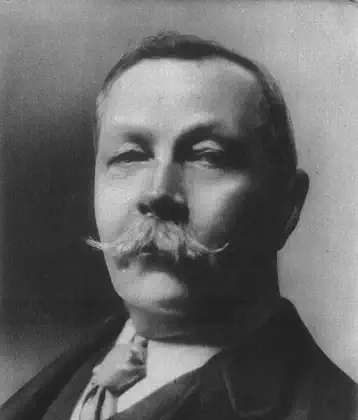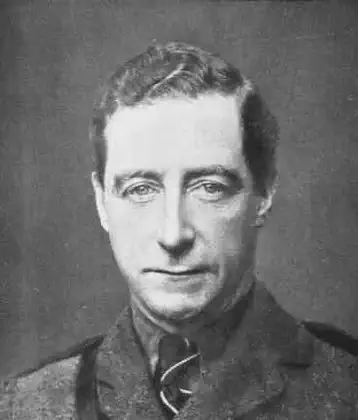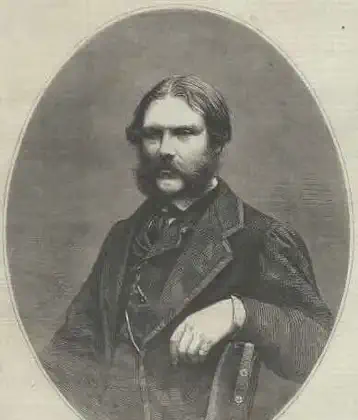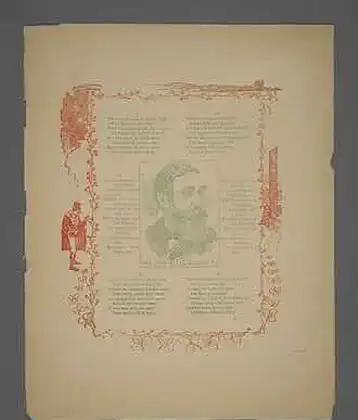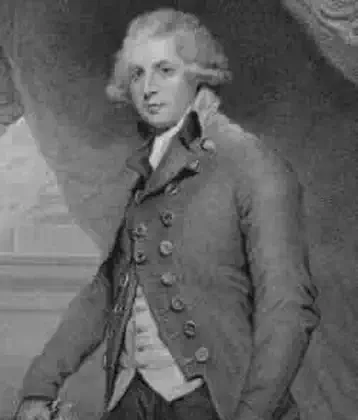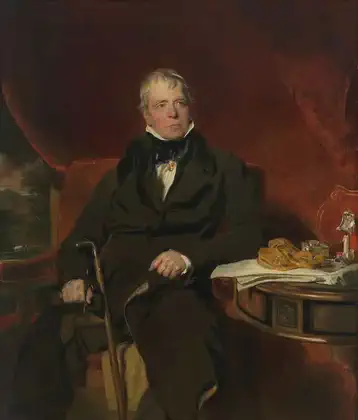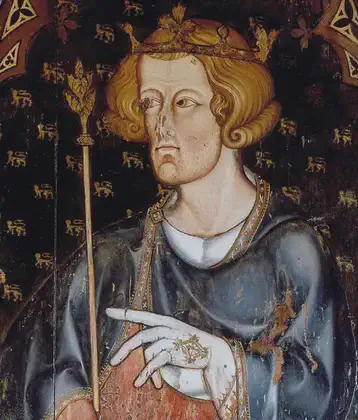On July 07, 1913 in Celtic History
Home rule bill passes 2nd time
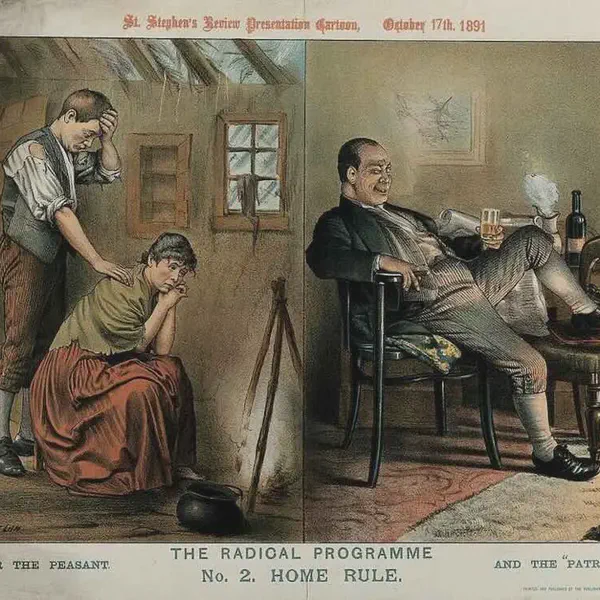
The Irish Home Rule movement was a movement that campaigned for self-government (or “home rule”) for Ireland within the United Kingdom of Great Britain and Ireland. It was the dominant political movement of Irish nationalism from 1870 to the end of World War I.
The Home Rule Crisis was a political and military crisis in the United Kingdom of Great Britain and Ireland that followed the introduction of the Third Home Rule Bill in the House of Commons of the United Kingdom in 1912.
Unionists
Unionists in Ulster, determined to prevent any measure of home rule for Ireland, formed a paramilitary force, the Ulster Volunteers, which threatened to resist by force of arms the implementation of the Act and the authority of any Dublin Parliament.
Irish Volunteers
Irish nationalists responded by setting up the Irish Volunteers “to secure the rights and liberties common to all the people of Ireland”.
Both sides then began importing weapons and ammunition from Germany, in the Larne gun-running and Howth gun-running incidents.
HM Government’s ability to face down unionist defiance was thrown into question by the “Curragh incident”, when dozens of British Army officers tendered their resignations rather than secure arms against Ulster loyalist seizure, forcing a climb-down by the government.
The crisis was temporarily averted by the outbreak of World War I.
The Home Rule Bill was enacted, but its implementation was suspended for the duration of the war.
1912–14: Third Irish Home Rule Bill
The Third Irish Home Rule Bill passed under the Parliament Act after House of Lords defeats, with Royal Assent as the Government of Ireland Act 1914 but never came into force, due to the intervention of World War I (1914–18) and of the Easter Rising in Dublin (1916).
